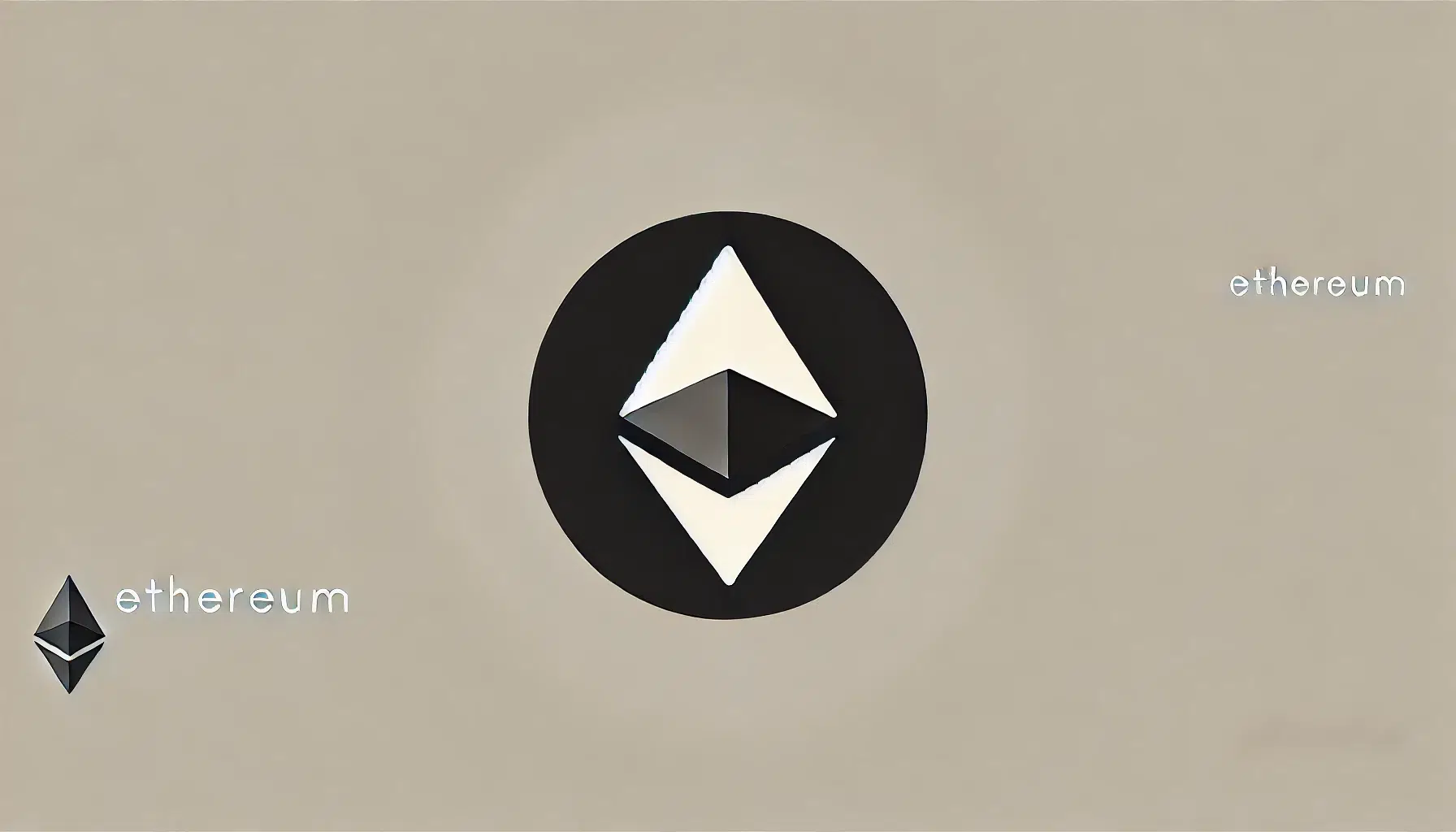- Ethereum considers raising gas limits to enhance scalability, aiming to increase transaction throughput efficiently.
- Franklin Templeton leverages Ethereum for Benji tokenization, advancing asset management through blockchain technology.
- Ethereum’s strong institutional adoption evidenced by $2.1 billion inflows into ETFs, demonstrating market confidence.
Ethereum is actively adjusting its network to improve scalability by considering an increase in gas limits, which could facilitate more transactions without compromising its decentralized structure. This technical adjustment aims to enhance Ethereum’s performance and user experience.
Franklin Templeton has adopted Ethereum for the tokenization of its Benji asset, leveraging blockchain technology to innovate in asset management. This adoption highlights Ethereum’s expanding influence in the financial sector, particularly in decentralized finance (DeFi).
Investor confidence in Ethereum is evident from the 75% retention rate of long-term holders and the substantial $2.1 billion inflows into Ethereum ETFs. These figures not only reflect confidence but also establish Ethereum’s prominence in transactions, especially involving Tether (USDT).
Institutional interest in Ethereum continues to grow, as evidenced by BlackRock’s $3.5 billion investment and the initiation of Franklin Templeton’s Benji token. These developments indicate Ethereum’s key role and expanding potential in DeFi initiatives.
The expected increase in staked ETH, which might surpass 50% by 2025, could significantly alter Ethereum’s monetary mechanisms, reinforcing its foundational technology in DeFi.
The introduction of the ERC-7683 standard is anticipated to improve Ethereum’s interoperability with Layer 2 solutions, which will enhance transaction efficiency and security for decentralized applications.
Ethereum’s transaction speed may soon benefit from advanced techniques like parallel processing, optimistic concurrency control, and potential sharding. These technical improvements are crucial for accommodating increasing user demands and facilitating larger transaction volumes.
Technological advancements such as rollups, including Optimism and Arbitrum, along with developments in sharding and EIP-4844, are expected to significantly expand network capacity and transaction throughput.
Additionally, large-scale Ethereum transfers by significant stakeholders within the DeFi sector underscore the market’s robustness and the enduring confidence in Ethereum’s infrastructure.
Current Price Analysis of Ethereum (ETH)
The current price of Ethereum (ETH) is $3,335.87 USD, with a 24-hour trading volume of $22.5 billion USD. Over the past day, the price has seen a slight decline of 0.39%, though it reflects a 1.86% gain over the past week. Ethereum holds a significant market cap of approximately $401.9 billion USD, with a circulating supply of 120 million ETH tokens.
Key Observations:
- Price Range: Ethereum’s price today has fluctuated between $3,304.34 USD and $3,422.87 USD, indicating moderate volatility.
- Market Performance: Compared to its all-time high of $4,878.26 USD (recorded in November 2021), Ethereum is currently trading about 31.8% lower, showcasing its recovery trajectory since the bear market.
- Trading Activity: The trading volume shows significant activity, up by 82.8% from the previous day, reflecting increased market interest.
Looking at the current momentum, Ethereum is consolidating within the $3,300–$3,400 range, with a bullish outlook if it can break the resistance at $3,450. On the downside, immediate support lies near $3,300, with stronger support at $3,200.











